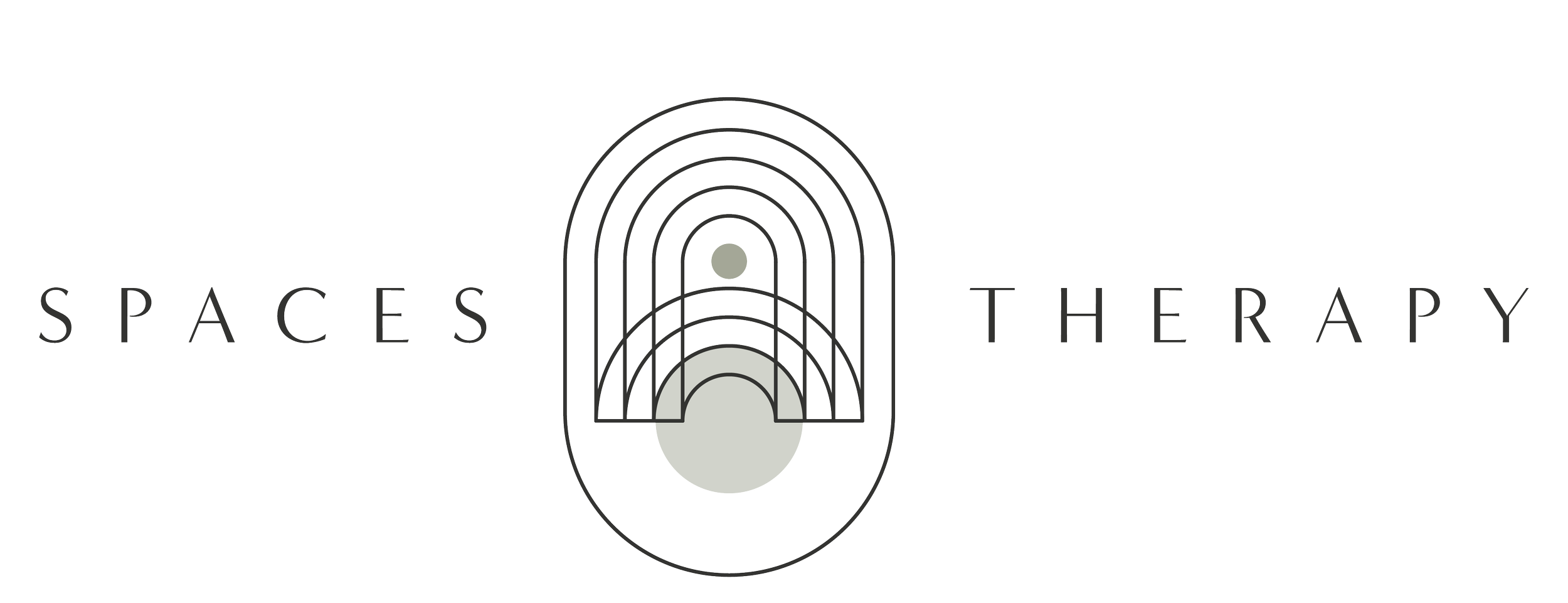ADHD, or Attention-Deficit/Hyperactivity Disorder, doesn't just affect focus and organization—it can also have a deep and lasting impact on romantic relationships. If you or your partner has ADHD, you may have noticed patterns of miscommunication, emotional disconnect, or recurring conflict that seem hard to break.
Read MoreRecognizing that you have experienced trauma is the first step toward healing. Many individuals struggle with invalidating their experiences, thinking they are overreacting. Seeking support from a therapist who understands religious trauma can be instrumental in validating your emotions.
Read MoreIn a city like Los Angeles that can feel fast paced and isolating, finding a safe space to express emotions and share struggles can be challenging. Group therapy offers a powerful avenue for healing, growth, and support.
Read MoreWhile it might not be a clinically recognized diagnosis, high-functioning anxiety is a term that resonates deeply with those who feel its unique challenges. Understanding what it means and how it differs from more typical experiences of anxiety can provide valuable insights for those navigating it and those seeking to support loved ones.
Read MoreOur culture tends to compartmentalize grief, to privatize and pathologize it, to render it something to be overcome or dismissed. In the West, we regard grief as something to “get over” as though it’s a temporary malady we should quickly recover from. Yet grief is not a single event but an abiding relationship.
Read MoreBrainspotting therapy makes use of this natural phenomenon through its use of relevant eye positions. This helps the brainspotting therapist locate, focus, process and release a wide range of emotionally and bodily-based conditions including trauma, dissociation, and a variety of other challenging symptoms.
Read MoreApril marks Autism Acceptance Month, a time to celebrate and raise awareness for the autism community. Autism spectrum disorder (ASD) is a complex developmental disorder that affects how individuals interact and communicate with others. However, it is important to note that autism is a spectrum, and each person’s experience of autism is unique.
Read More






